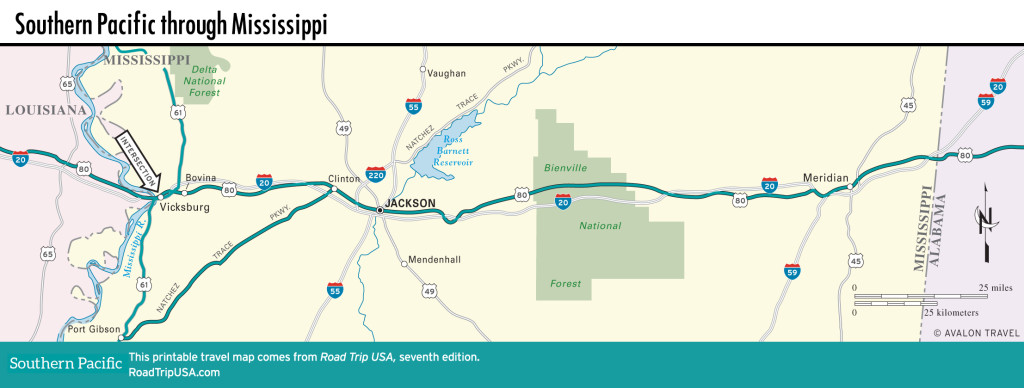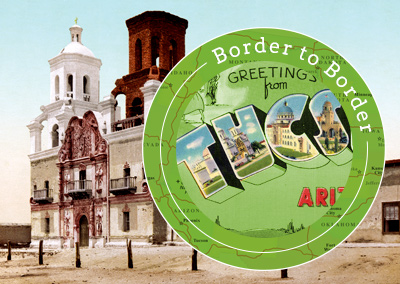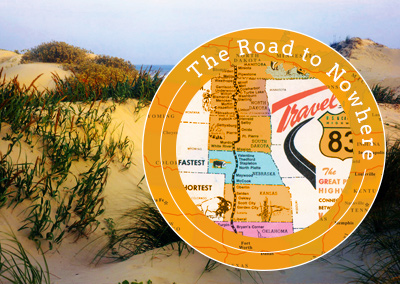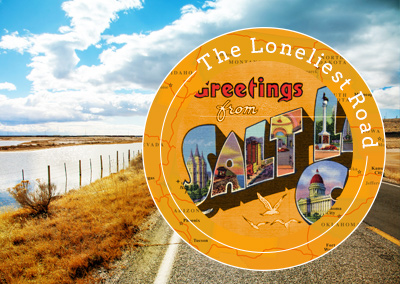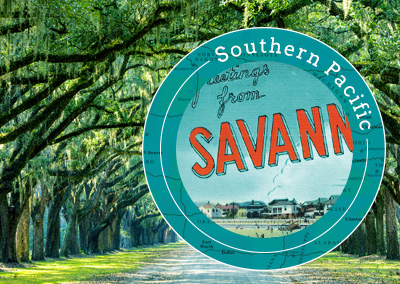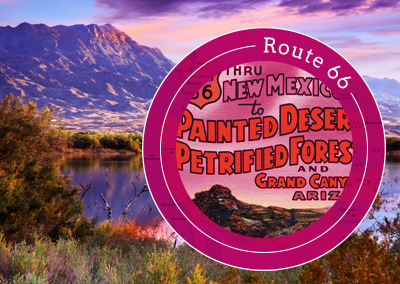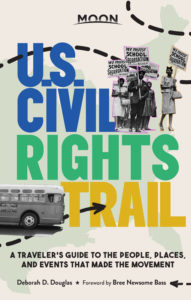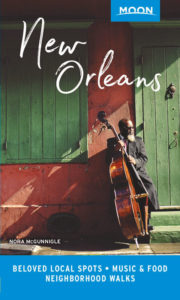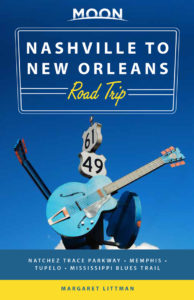Meridian
At the junction of US-80, I-20, and I-59, the main route to and from New Orleans, modern Meridian (pop. 37,325) is a medium-size industrial center that started from rubble in the aftermath of the Civil War, and owes its existence to strategic geography. After the native Choctaw people were removed in 1831, Meridian became a railroad junction and served as a Confederate stronghold until General Sherman destroyed it in February 1864, saying afterward, “Meridian with its depots, storehouses, arsenals, hospitals, offices, hotels, and cantonments no longer exists.” Despite this, the town recovered with a vengeance. From the 1890s until the 1930s Meridian was the largest and most prosperous city in this very poor state, as shown by the many fine Victorian and art deco buildings that still stand (in varying stages of repair) around the leafy and clean downtown area.
Two of Meridian’s most intriguing stops are 2 mi (3.2 km) northwest of downtown, in Highland Park, on 39th Avenue at State Boulevard/Highland Park Drive. First is the Dentzel Carousel (1pm-5pm daily June-July, 1pm-5pm Sat.-Sun. Aug. Oct. and Apr.-May, 1pm-5pm Sat. Nov.-Mar., $0.50 per ride), a cheerful and historic wooden merry-go-round manufactured in 1896 by Gustav Dentzel of Philadelphia, Pennsylvania, for the 1904 St. Louis Exposition. It was later sold to the City of Meridian, preserved in its original condition. Nearby is the Jimmie Rodgers Museum (1725 Jimmie Rodgers Dr., 601/485-1808, 10am-4pm Tues.-Fri., Mar.-Nov., $10), celebrating Meridian’s favorite son, whose original mixing of Black Delta blues and white Appalachian folk songs earned him the title “Father of Country Music.” In 1927, Rodgers’s first record, “Sleep, Baby, Sleep,” sold more than a million copies and for the next five years, the “Singing Brakeman” and was the world’s best-selling recording artist. Rodgers died of tuberculosis in 1933 and is buried alongside his wife in Oak Grove Cemetery, 5 mi (8 km) east of downtown Meridian. Another offbeat but interesting Meridian “attraction” is the grave site of the “King and Queen of the Gypsies,” Emil and Kelly Mitchell, whose 1915 plot in Rose Hill Cemetery (40th Ave., between 8th St. and Davis St., west of downtown) is a place of pilgrimage for Gypsies from all over America. Marked by a set of wrought-iron patio furniture and traditional headstones, the grave is often piled high with strands of beads, fruit, and other offerings.
Thanks to its location at the I-20 and I-59 junction, there’s no shortage of places to eat and sleep in Meridian.
Map of the Southern Pacific Route through Mississippi
